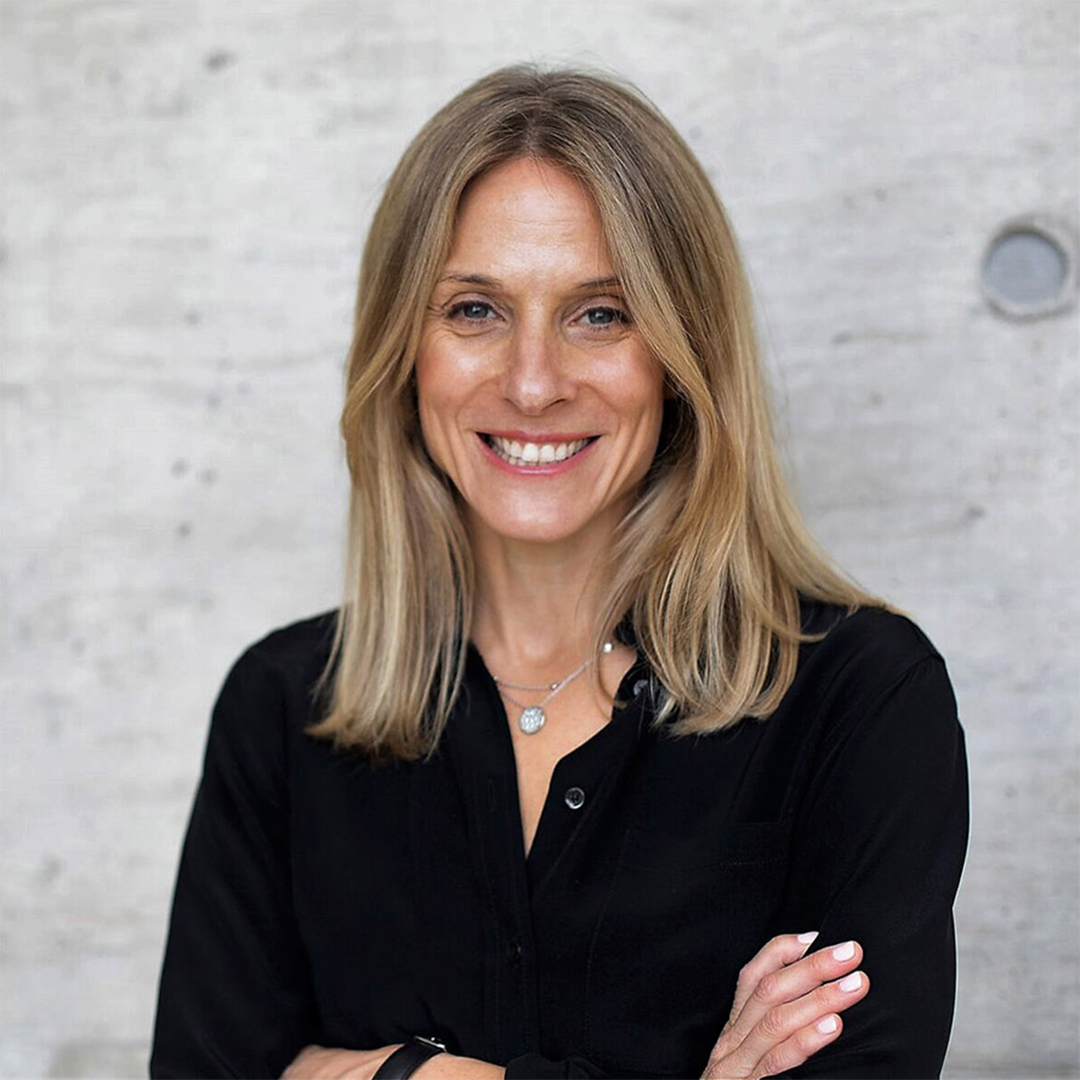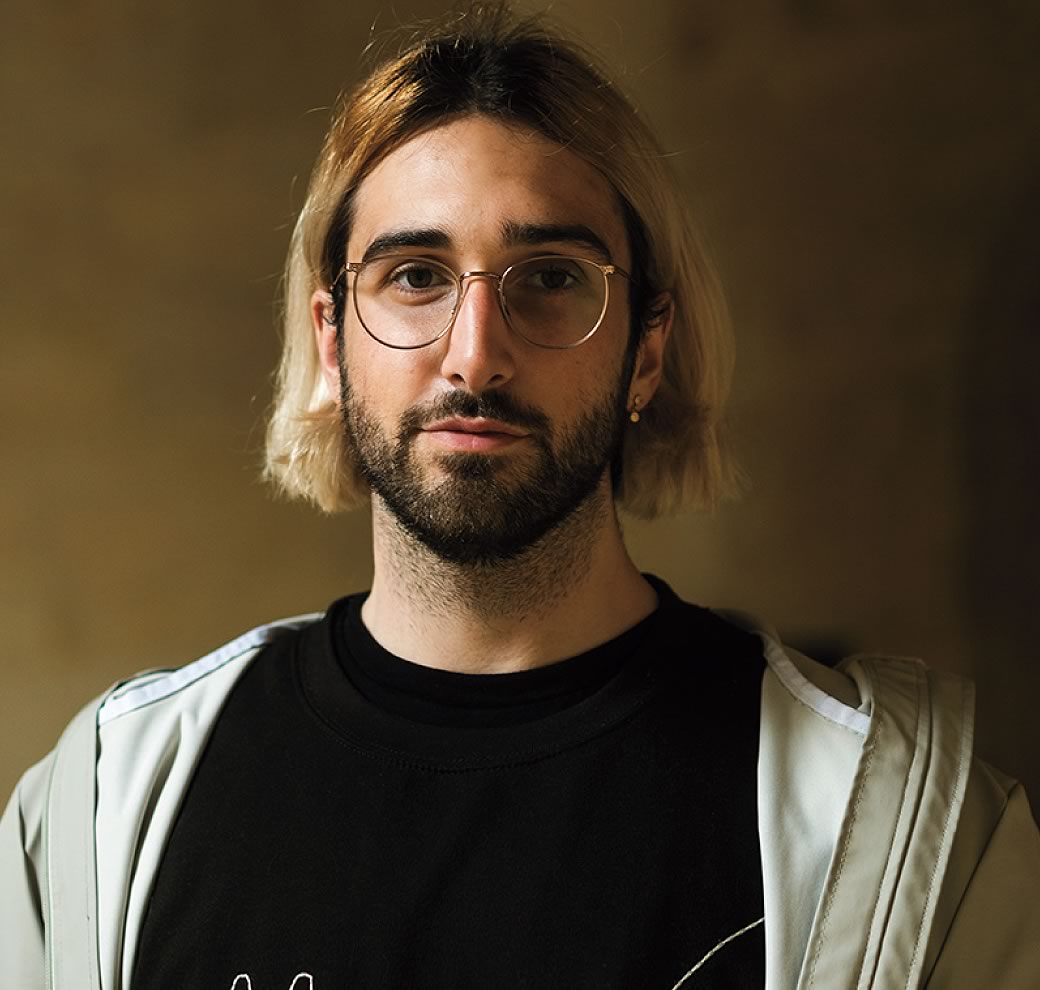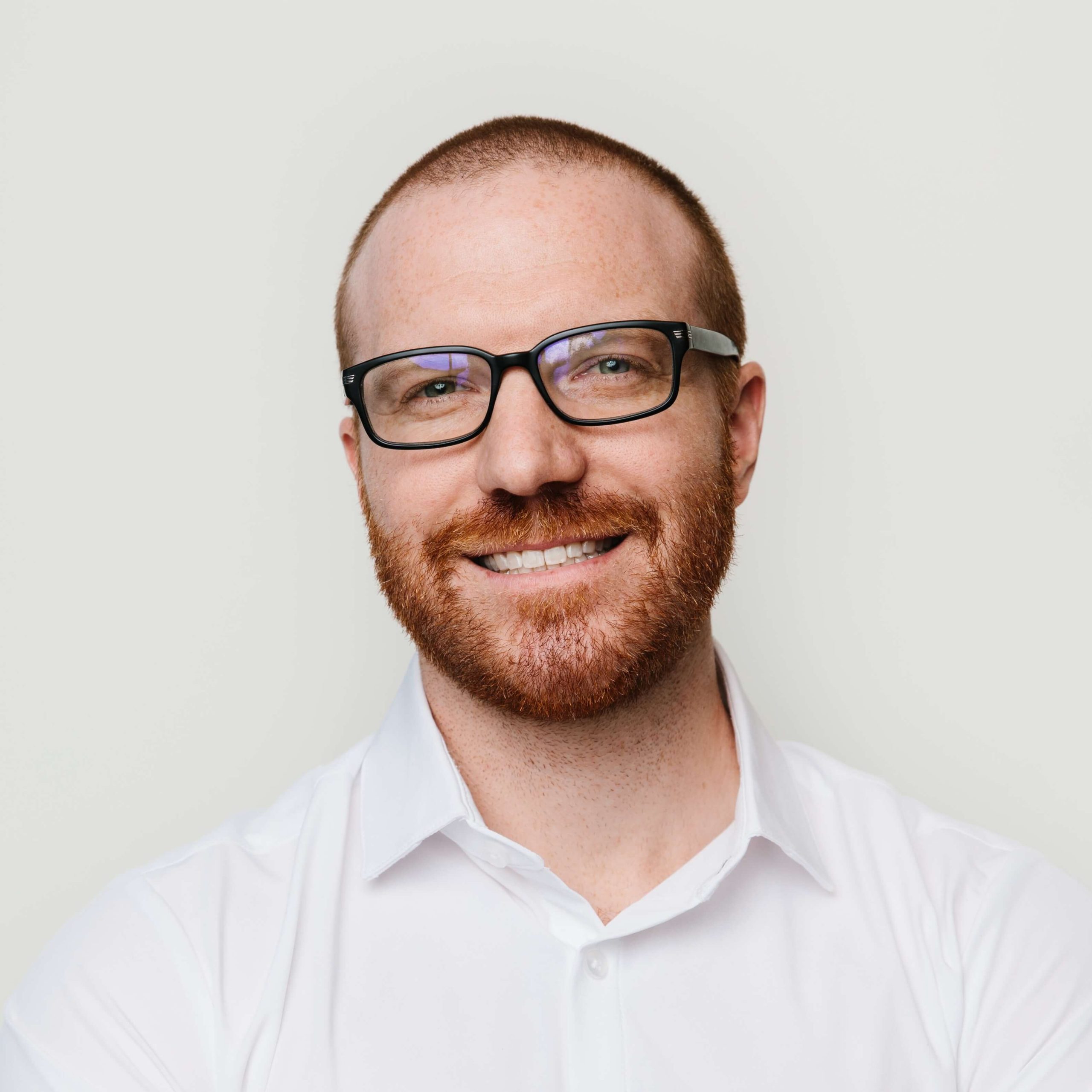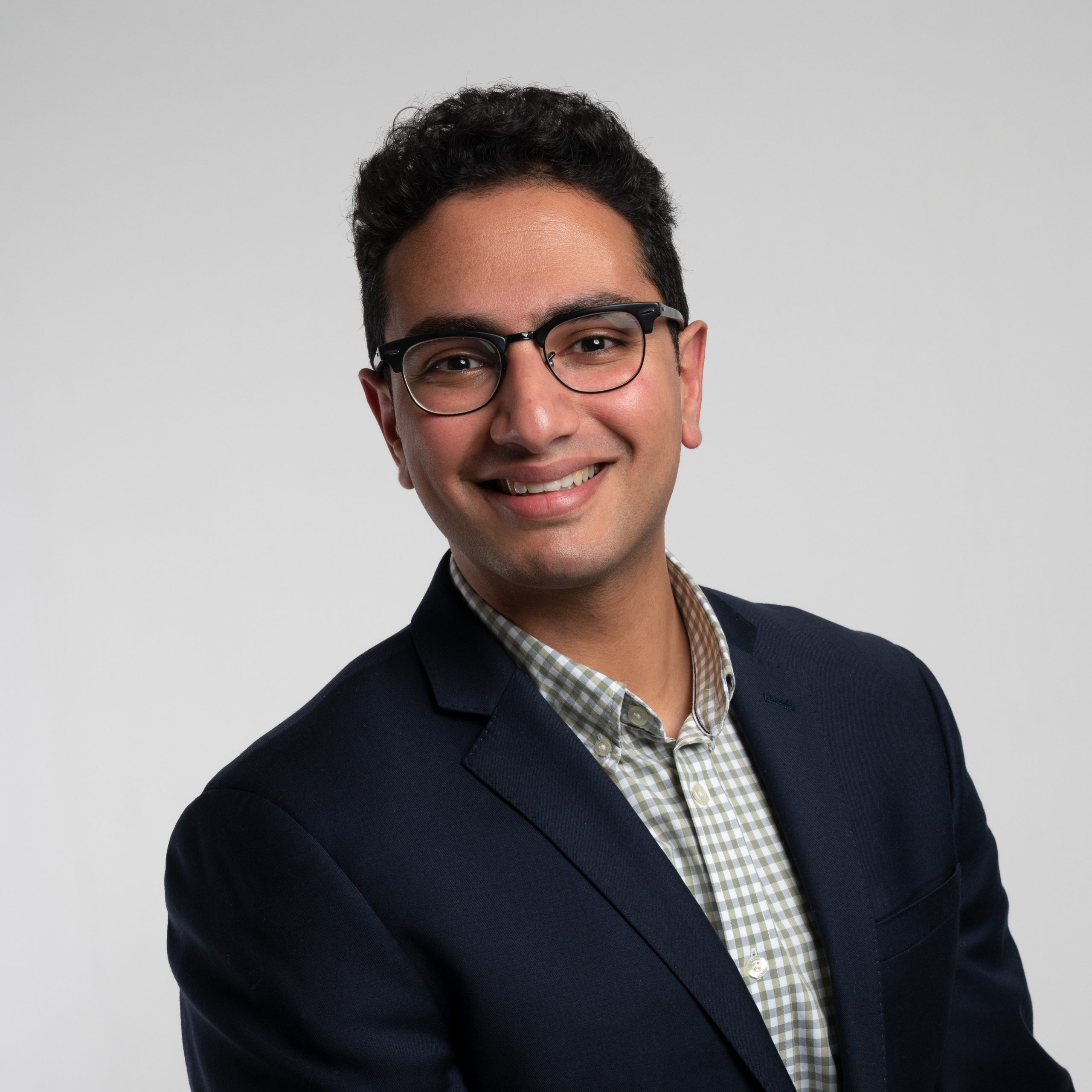My name is Mara Lederman, and I’m Co-Founder and Chief Operating Officer of Signal 1, which is a health AI company that is building the technology platform to accelerate the use of AI in clinical environments.
For a long time now people have postulated that AI’s biggest impact is probably going to be in healthcare; it’s the combination of the urgency and the need for us to do better in healthcare, combined with the fit of the technology.
Healthcare is fundamentally so full of information processing and prediction problems and there’s this urgency to try to bring technology into healthcare, because healthcare systems around the world, but I think in Canada and the US in particular, are struggling. While everybody knows that AI is going to make it into healthcare, it’s not moving there very quickly and so we come in to solve a specific set of problems that health systems, so hospitals and systems of hospitals, in the US and in Canada have around the use of AI, and those are problems around the technical difficulty of actually running AI live in a clinical environment.
In order to embed AI into a clinical environment, you have to do a lot more than build algorithms, you need to solve that engineering challenge; we call it the deployment problem. Hospitals aren’t designed to be engineering shops, and that’s why you see a lot of AI research in healthcare, but you see very little AI in use. The first thing we do with our platform is we make this super easy for hospitals, we take almost all the friction points out of it, and we prevent them having to build up large engineering teams.
The second challenge we try to solve is around the governance of these models. We’re not seeing as much use of AI in healthcare, despite the potential, because it’s risky, and people feel nervous about it. There’s an evolving compliance environment around how do we even do this safely, and so that’s a lot of work also for a hospital to do and our platform provides all the technical tooling to support a hospital’s responsible AI strategy.
The third challenge is that, unlike in other industries like in banking or consumer tech where you don’t have a lot of researchers inside companies building AI models, in healthcare you do; healthcare organisations, at least academic health systems, are fundamentally research organisations, so you already have a lot of clinicians and clinician scientists who are trying to build AI algorithms that are relevant to their particular area of research or clinical practice. It’s very hard for those researchers to get that out of journal articles and bring it to the bedside. We solve the problem of how do we make sure these aren’t just a series of research projects that live in articles? How do we actually translate that research into clinical tools that are used every day by doctors and nurses in the hospital?





